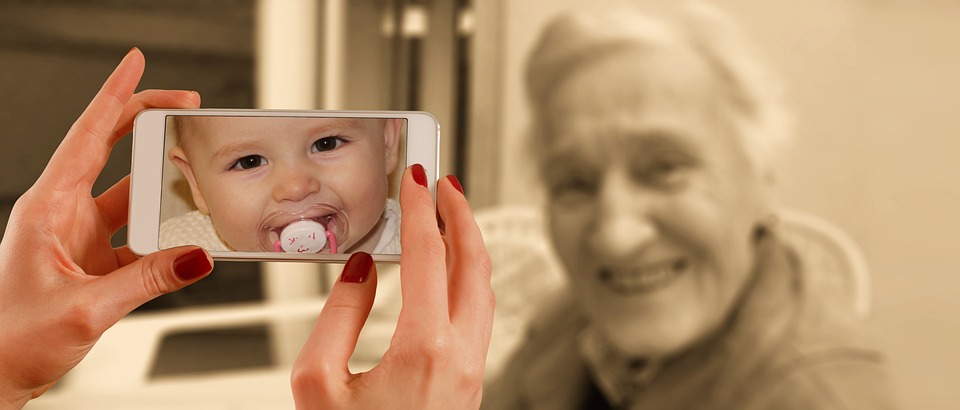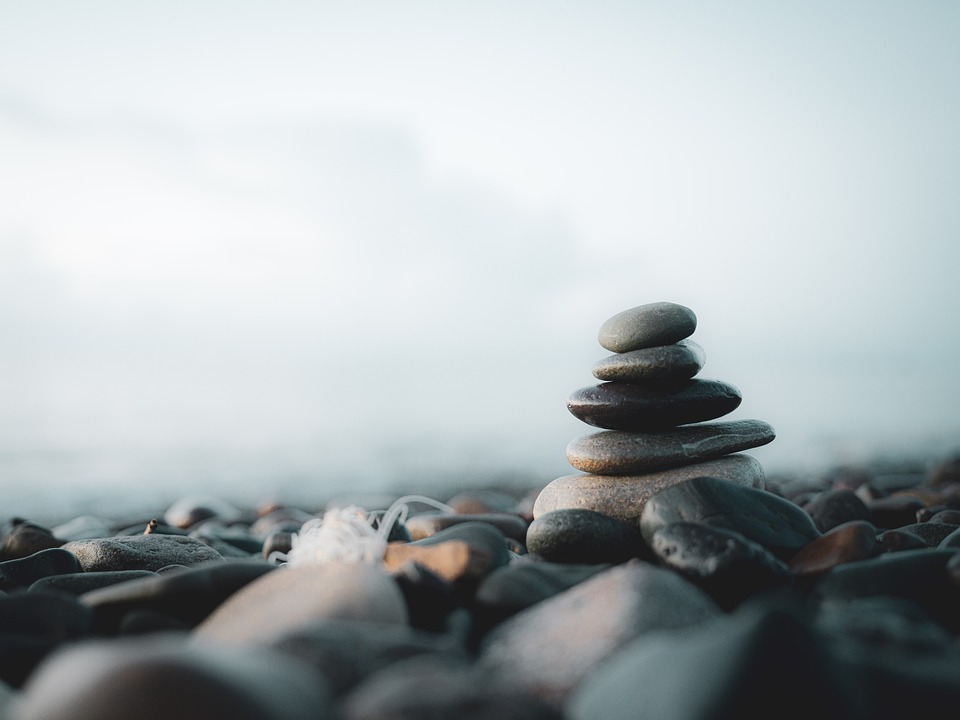Introduction
As time passes, we all experience a multitude of changes in our bodies and minds. This journey is commonly referred to as aging. The process of aging is a complex phenomenon influenced by various factors such as genetics, lifestyle, and environment. In this article, we will delve into the science behind aging, exploring the underlying mechanisms and shedding light on some common misconceptions.
Understanding Aging at the Cellular Level
At the core of the aging process lies the gradual decline in cellular function. Our body consists of trillions of cells, and with age, these cells progressively lose their ability to divide and replicate efficiently. This natural phenomenon is commonly known as cellular senescence.
One of the key contributors to cellular senescence is the shortening of telomeres, which are protective caps found at the ends of our chromosomes. Telomeres act as a clock that determines how many times a cell can divide. As telomeres continue to shorten with each division, the cell eventually undergoes senescence and ceases to divide further. This telomere attrition is considered a fundamental aspect of the aging process.
Additionally, a decline in mitochondrial function, which are the powerhouses of our cells responsible for energy production, has been linked to aging. As we age, mitochondria become less efficient and generate increased amounts of reactive oxygen species (ROS), leading to cellular damage and contributing to the aging process.
The Role of Genetics: Nature vs. Nurture
While the aging process affects everyone, the rate at which we age can vary significantly due to genetic factors. Some individuals may age more gracefully than others due to specific genetic traits inherited from their parents. These genes can influence various aspects of aging, such as the quality of collagen in our skin, the efficiency of DNA repair mechanisms, and our susceptibility to age-related diseases.
However, it is important to note that genetics only account for a portion of the aging process. Numerous studies have shown that environmental factors and lifestyle choices play a substantial role in how we age. A healthy lifestyle incorporating regular exercise, a balanced diet, stress management, and avoidance of harmful habits like smoking can significantly slow down the aging process, regardless of one’s genetic endowment.
The Role of Inflammation and Oxidative Stress
Chronic inflammation and oxidative stress are two interconnected processes that contribute to the aging process. Inflammation is the body’s natural response to injury or infection, but when it becomes chronic, it can have detrimental consequences on our health. Chronic inflammation can accelerate the aging process and increase the risk of age-related diseases such as cardiovascular diseases, neurodegenerative disorders, and certain cancers.
Oxidative stress, on the other hand, occurs when there is an imbalance between the production of reactive oxygen species (ROS) and the body’s ability to neutralize them with antioxidants. ROS can damage cells, proteins, and DNA, leading to various age-related conditions. Reducing oxidative stress through a diet rich in antioxidants and maintaining a healthy lifestyle is crucial for combating the effects of aging.
The Longevity Puzzle
Despite ongoing research, the secret to a long and healthy life remains somewhat elusive. The study of centenarians, individuals who live to be over 100 years old, has provided valuable insights into the factors that may contribute to a longer lifespan. Researchers have identified genetic variations, such as those targeting inflammation and DNA repair mechanisms, found more frequently in centenarians compared to the general population.
However, maintaining a long and healthy life is not solely determined by genetics. Lifestyle factors, including a nutrient-dense diet, regular physical activity, mental stimulation, and maintaining social connections, are all considered vital for promoting longevity. The combination of genetic predisposition and a healthy lifestyle can work synergistically to optimize our chances of aging gracefully.
Concluding Thoughts
Understanding the science behind aging enables us to make informed choices about our lifestyle and ultimately shape how we age. While genetics play a role in the process, our actions and environment have an enormous impact on how we experience aging. By adopting healthy habits, managing stress, and staying socially engaged, we can proactively influence the aging process and improve our overall well-being as we grow older.




